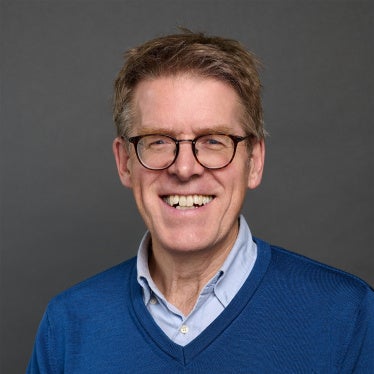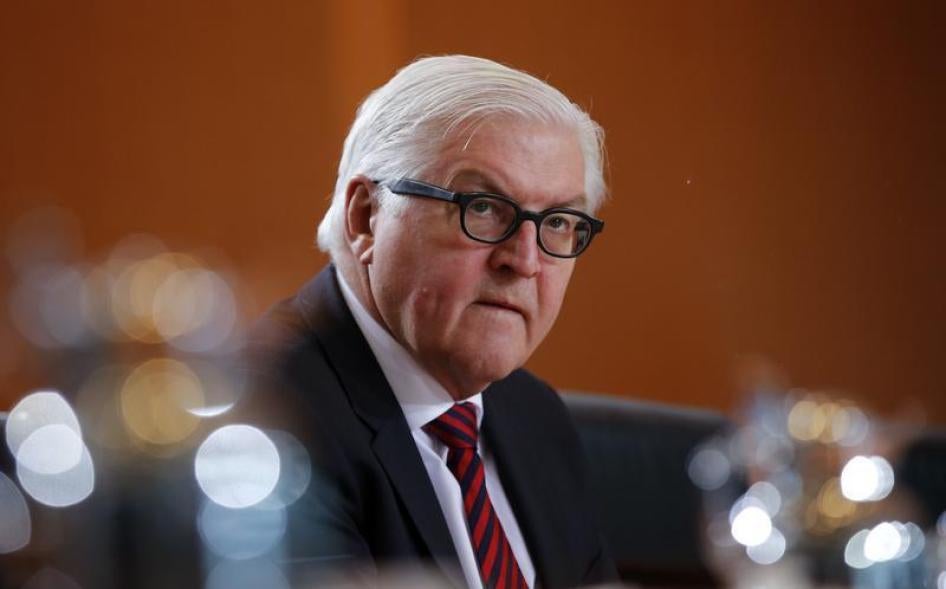It’s not every day that Frank-Walter Steinmeier, Germany’s foreign minister, makes a speech about the Plastic People of the Universe, a rock band from the former Czechoslovakia. Speaking this week to hundreds of diplomats in the foreign ministry’s imposing ‘World Hall,’ he recalled how members of the band had been imprisoned for up to 18 months in February 1976, simply for playing music that the Communist authorities didn’t like.
Steinmeier was speaking at the launch of Germany’s chairmanship this year of the Organisation for Security and Cooperation in Europe (OSCE). He raised the case of the Plastic People because their jailing “led to a wave of indignation” by artists, intellectuals, and workers in Czechoslovakia and elsewhere.
During these protests, as Steinmeier recalled, those involved cited a set of international human rights principles – adopted the previous year by Czechoslovakia and many other governments – to argue for the band’s right to freedom of expression.
Those principles were part of the so-called Helsinki Accords, which form the basis of what the OSCE is today, an organisation that includes Russia, Ukraine, Central Asia, Turkey, Europe, and the United States.
These guiding principles guaranteed the fundamental rights of ordinary citizens, and played a vital role in helping activists in the Soviet Union and eastern bloc campaign against suppression of free speech and other abuses meted out, not just to rock stars.
Steinmeier, rightly, wasn’t just interested in history, noting that freedom of expression “is still endangered” in many OSCE countries today.
Human rights principles remain at the heart of the OSCE, and each of its 57 participating states has pledged to uphold them. Yet, as Human Rights Watch research shows, serious violations are an everyday occurrence in many countries.
Germany says improving human rights records among fellow OSCE members is a priority for its chairmanship. For the sake of the next generation of Plastic People, let’s hope Germany keeps this promise with concrete action.
[HW1]http://www.auswaertiges-amt.de/DE/Infoservice/Presse/Reden/2016/160112_BM_OSZE.html?nn=339100










